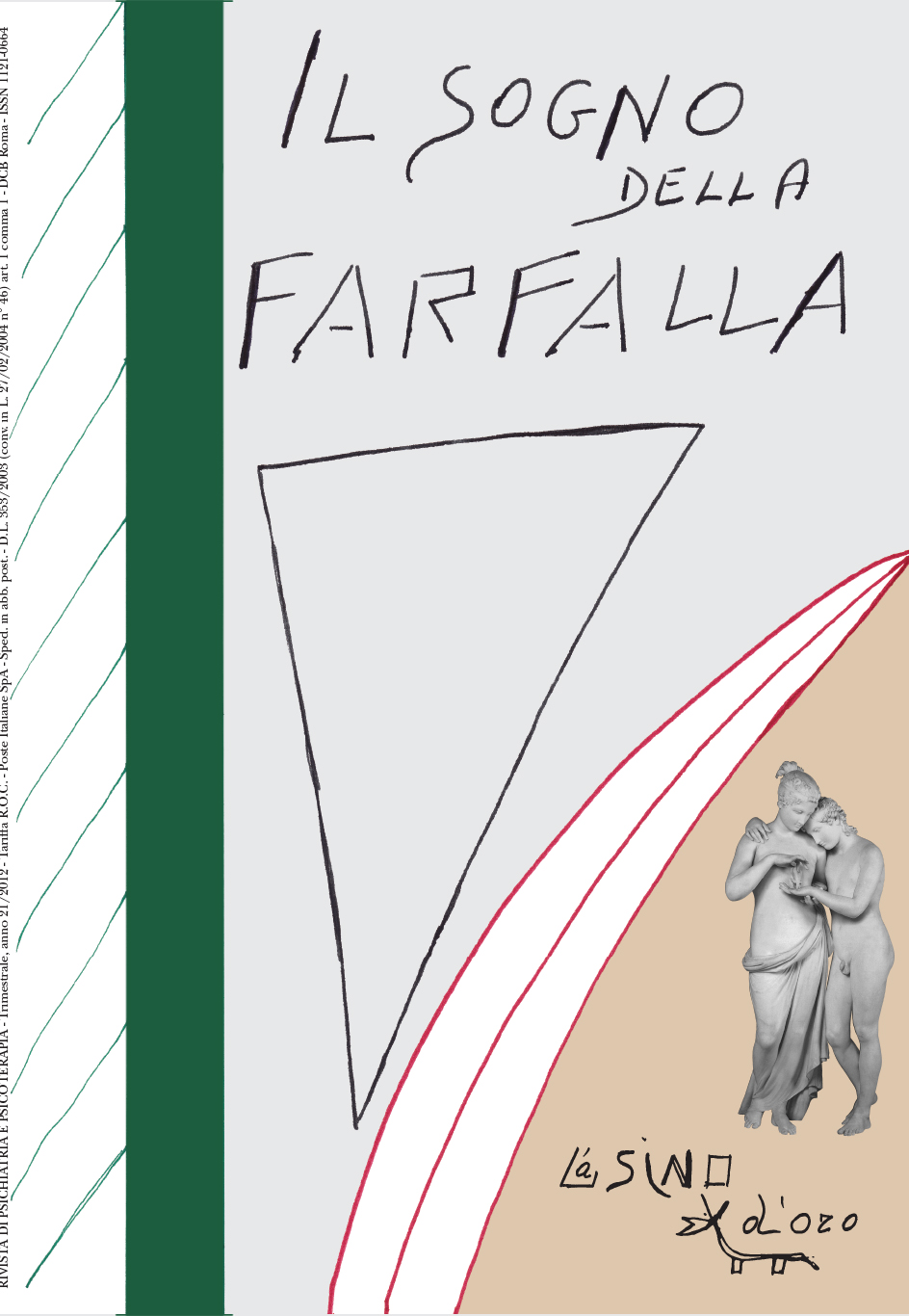L’evoluzione del concetto di invidia attraverso i casi clinici di Istinto di morte e conoscenza: tra elaborazione teorica e processo terapeutico
DOI:
https://doi.org/10.14663/sdf.v32i2.881Abstract
The aim of this work is to analyze the clinical cases presented in the fourth chapter of the volume Death instinct and knowledge. The purpose of the authors is to investigate Massimo Fagioli’s theoretical elaboration on the concepts of envy and negation, highlighting the fundamental role that the interpretation of these dynamics plays in the relationship between the patient and the psychotherapist. The article firstly underlines how Fagioli’s elaboration on envy drastically differs from what proposed by psychoanalysis: the authors examine the inconsistency of Freud and Abraham’s ideas on this topic and a focus is given on the differences with what elaborated by Melanie Klein. The authors emphasize how Fagioli, by distinguishing the dynamic of envy from bramosy and projective identification, came to a new definition of the concept of envy as a “sadic-visual” attack.
This is conceived as the result of a profound alteration in the dynamic that allows the intuition of the other’s human identity. This attack aims at damaging, putting in the other what is not true, or in other words, in denying the psychic qualities of the object.


